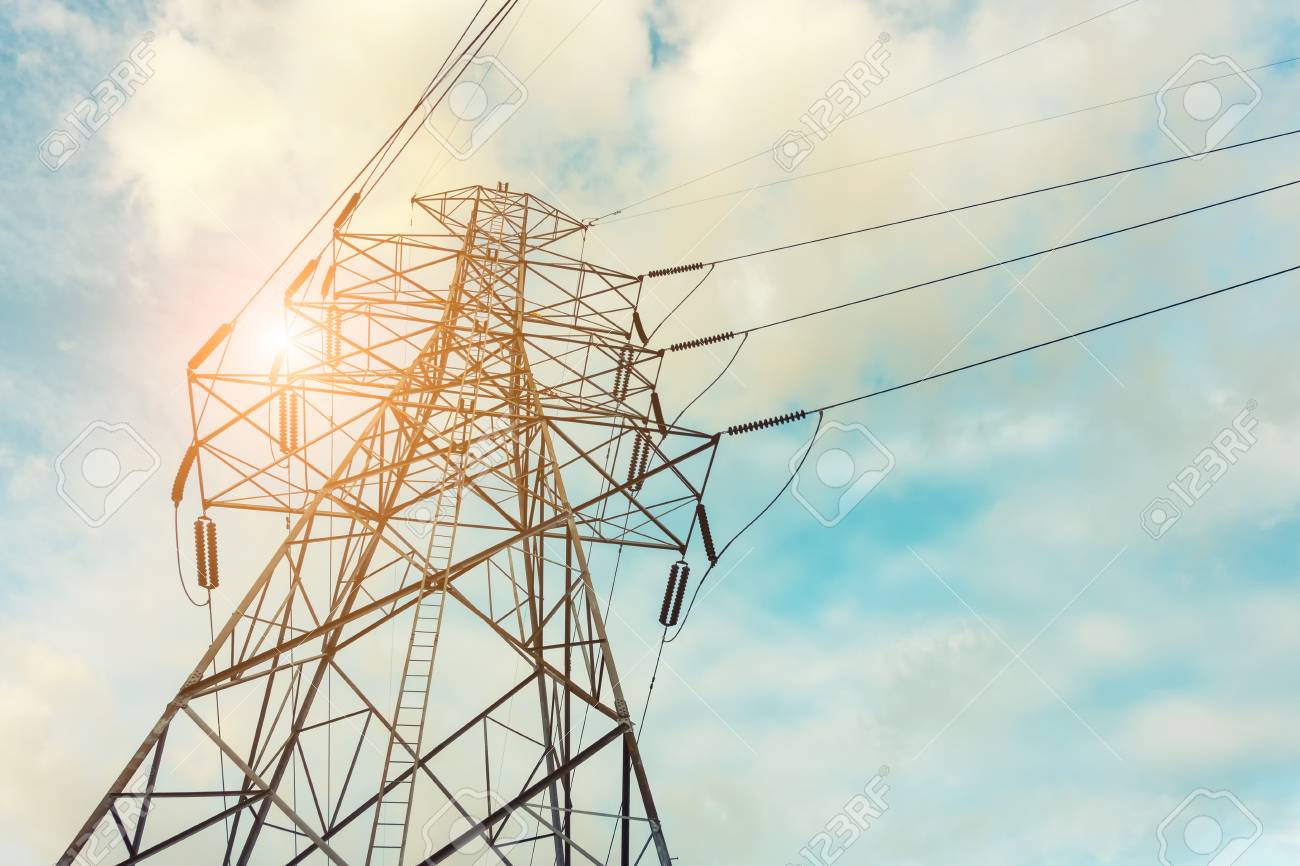Brazil’s government will submit a proposal to congress to restructure the electric power sector and correct distortions that have raised the cost of the service disproportionately between states.
The situation is due to asymmetries created over the last few years for various reasons, such as borrowing at high interest rates as part of so-called COVID and water scarcity accounts, mines and energy minister Alexandre Silveira said in a statement.
Alexei Vivan, partner at Schmidt Valois Advogados and president of electricity companies association ABCE, believes the proposal will replace the electric power sector’s modernization bill (PL 414), which has been stuck in congress for years.
But Vivan hopes that relevant points of the bill will be revisited and included in the government’s proposal, such as the separation of potency and energy, which, in practice, means to value the attributes of each energy source.
For example, the dispatchable quality of hydroelectric plants with reservoirs and thermal plants can be guaranteed at any time, but wind and solar power is intermittent.
Brazil has already held backup capacity tenders specifically designed to enhance the grid’s reliability.
On the other hand, renewable energy should be remunerated for its ESG advantages, as should plants that are closer to the consumption center and require lower transmission investment.
Another essential point, Vivan said, is to think about reducing subsidies. “In the past, there was a policy of subsidies to make new energy sources viable, but this is no longer sustainable,” he told BNamericas.
“And anything that isn’t related to the electricity sector shouldn’t be included in the power rate, as it’s today via the CDE [energy development account].”
Also to be debated are changes to the methodology for defining the price for settling differences, which is the reference price in the free market; the separation of electricity rates for the use of the energy grid by consumers in the regulated market; and the complete opening of the free market, with attention to the sustainability of distributors.
Power distribution concessionaires who have been contracting energy for years, via auctions held by watchdog Aneel, suffer from an excess of energy purchased, mainly due to growing migration of consumers from the regulated to the free market and the expansion of distributed generation.
“Part of this has been resolved with some contract transfers and bilateral negotiations that have been allowed, but there’s still over-contracting. It’s a complex situation because we have a very large surplus of energy and many projects standing in line to start operating,” Vivan said.

